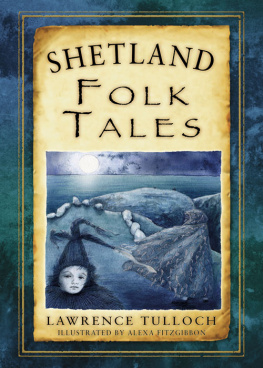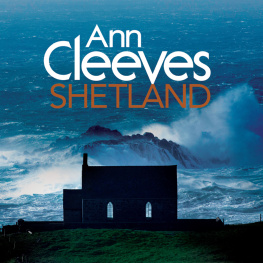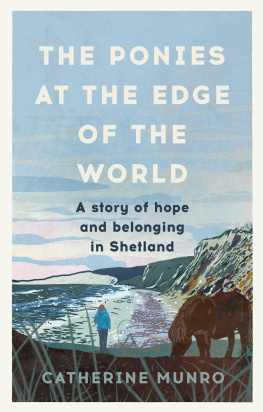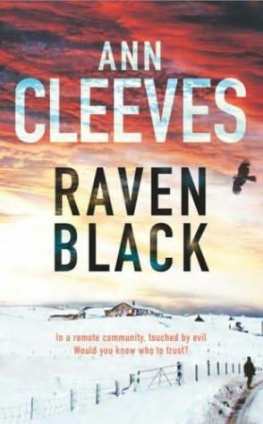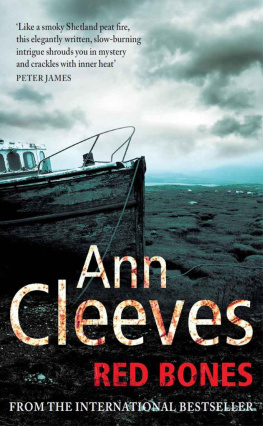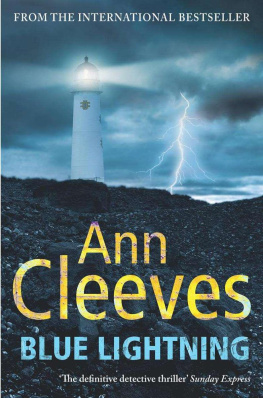
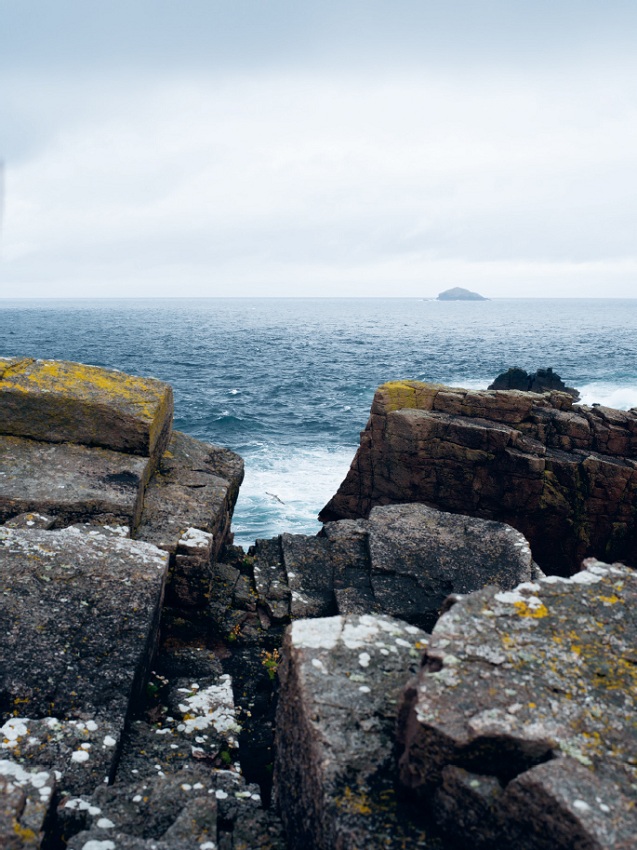
Dedicated to the Ratter family, especially Lizzie, who left us too soon.

Publishing Director and Editor: Sarah Lavelle
Designer: Will Webb
Photographer: Andy Sewell
Recipes and Food Styling: James Morton
Additional Recipes: Tom Morton
Copy Editor: Samantha Stanley
Editorial Assistant: Harriet Webster
Production Director: Vincent Smith
Production Controller: Nikolaus Ginelli
First published in 2018 by Quadrille, an imprint of Hardie Grant Publishing
Quadrille
5254 Southwark Street
London SE1 1UN
quadrille.com
Text James Morton and Tom Morton 2018
Photography Andy Sewell 2018
Design and layout Quadrille Publishing Limited 2018
The rights of the authors have been asserted. All rights reserved. No part of the book may be reproduced, stored in a retrieval system or transmitted in any form or by any means, electronic, electrostatic, magnetic tape, mechanical, photocopying, recording or otherwise, without the prior permission in writing of the publisher.
Cataloguing in Publication Data: a catalogue record for this book is available from the British Library.
eISBN: 978 1 78713 306 8
Contents
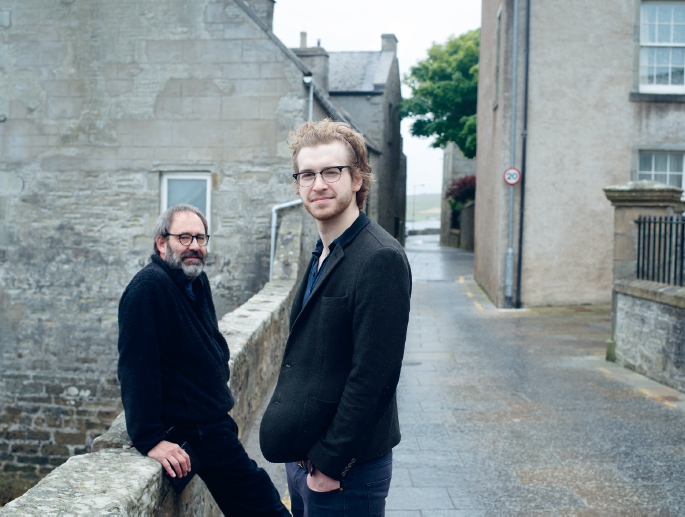
My names James. I live in Scotland, but I grew up in a place called Shetland. The Shetland Isles.
Shetland is like another country but isnt one. To find it, jump on the boat from Aberdeen; youll arc around Orkney and 12 or 14 hours later arrive in Lerwick, the capital. Drive out of the ferry terminal and turn right, take the main road north for 35 miles. At the end of the road my family home is on your left. If you dont mind dogs, pop in and say hullo.
The person who answers that door is the person with whom I share these rationed pages my father, Tom. I apologise if it gets confusing; we write in a similar way. Perhaps unsurprisingly, after weve both annotated and amended each others words.
This might be my fourth hefty book, but it is my fathers... tenth? Eleventh? Anyway, its his first one about food, so Ive been allowed to stamp my foot. If youve any problems with the recipes, thats my responsibility; angrily tweet me, not him. The split infinitives? Controversial views on fishermen? Take that up with him.
Co-authorships in food books are not unheard of and they are not even unusual. Fathers and sons working together in harmony on the same subject, however, is a little odd. It was the brainchild of my friend and our editor Sarah Lavelle, mostly because we both kept insinuating we were about to write the same book. It made sense to write it together, in harmony. It also follows that this is not a cookbook in the traditional sense.
This book is about place. Its about a culture and a community spirit that has been all but lost in the rest of the UK. It is about how isolation has caused evolutions and intricacies to develop that are very special and need further appreciation. And it is about that which needs saving; about a culture that with the onset of oil and the internet has faded into obscurity.
This book and its recipes are about Shetland, and what makes it the most contented place in the world.
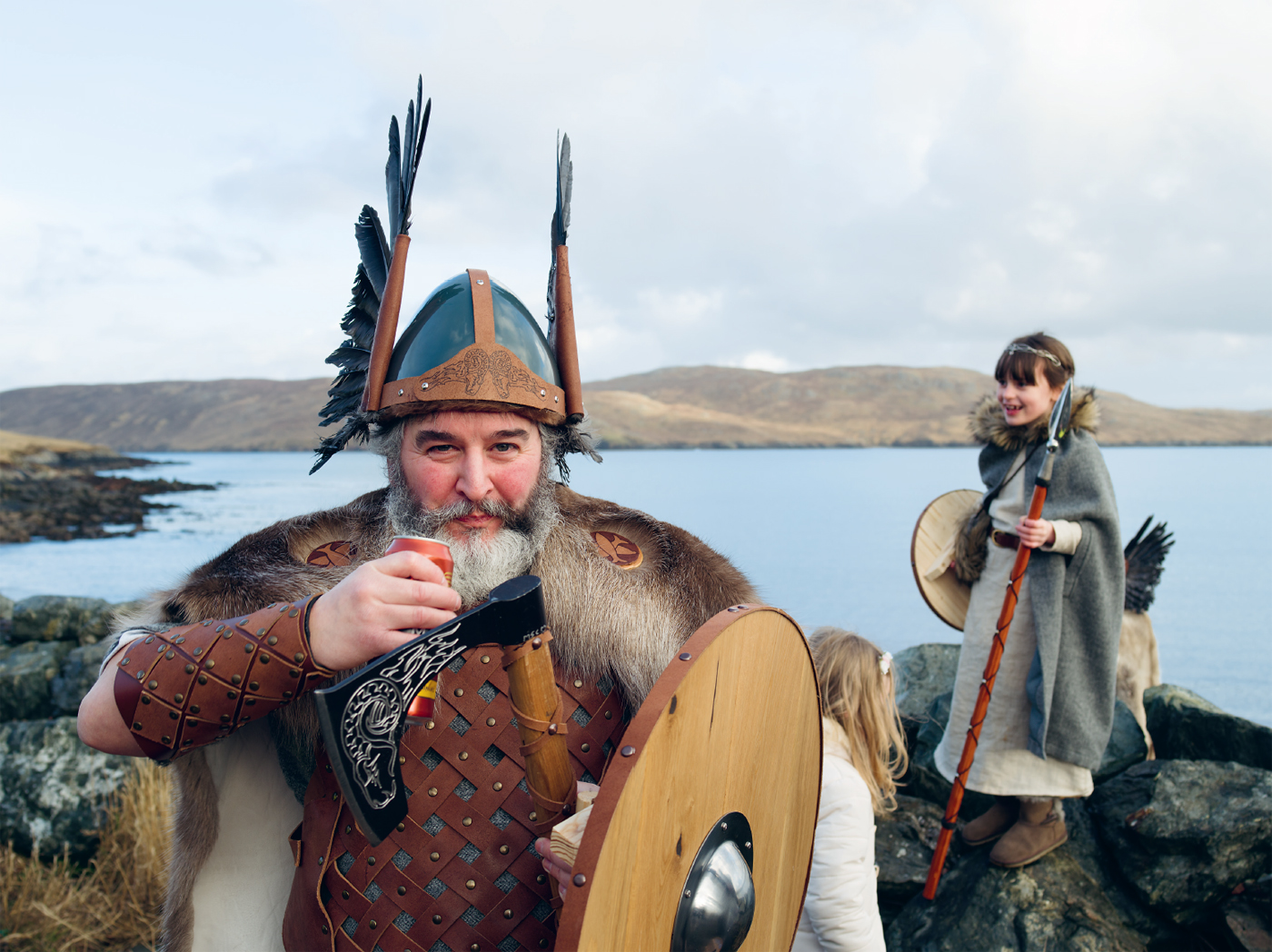
A brief word about Shetland
Where is it?
Its in the sea, up from Scotland. No, further up than that: beyond Orkney, which is only a hop, skip and a jump off Caithness. Keep going right a bit. There you are that long scattering of over 100 different islands and islets, only 15 of which are inhabited by humans or their approximate relatives. You are in Shetland. On a map youll usually find us in the little box, near the oil.
The main sea port is Lerwick the Isles capital and only town. The historic centre is Scalloway, which is a village about 5 miles down the main road and which becomes more lovely with each passing year. Grey, cluttered, and at first glance very similar to many dreich towns in north-eastern Scotland.
Here we are, more than 100 miles (160 km) from the nearest coast of mainland Scotland, about 210 miles (340 km) north of Aberdeen; 230 miles (370 km) west of Bergen in Norway; 230 miles (370 km) south east of Trshavn in the Faroe Islands. Youll often hear people who should know better (notably myself, in a past life as a journalist, where inaccuracy is a way of life) saying that the nearest railway station to Lerwick is in Bergen. This is nonsense. The nearest railway station is in Thurso, Scotland.
Dont you mean The Shetlands?
No. Its not, never has been and never is The Shetlands. Despite what it says in your newspaper, magazine, dictionary or that guy you met down the pub who says he used to work in the North Sea oil industry. Its Shetland, singular.
Its singular in Norse (Hjaltland) and Faroese (Hetland) Shetland is simply a phonetic transliteration taken from a drunk Norseman with no teeth by an even drunker Scot with a shaky quill. Hjalt and Het both mean the hilt or cross guard of a sword, which is reminiscent of the archipelagos shape and captures the places strategical importance in the warlike raiding of the (much more fertile and lucrative) bits of land to the south.
From a Celtic southerners point of view (that is to say, in Gaelic) the uncivilised lumps of rock north of Orkney were known as Inse Catt: Islands of the Cat People. This is a reference to the nasty, wee hairy Picts who survived in Shetland longer than anywhere else inside their upside-down, stone-built flowerpot redoubts: the ones known as brochs. Until the Vikings got round to wiping them out.
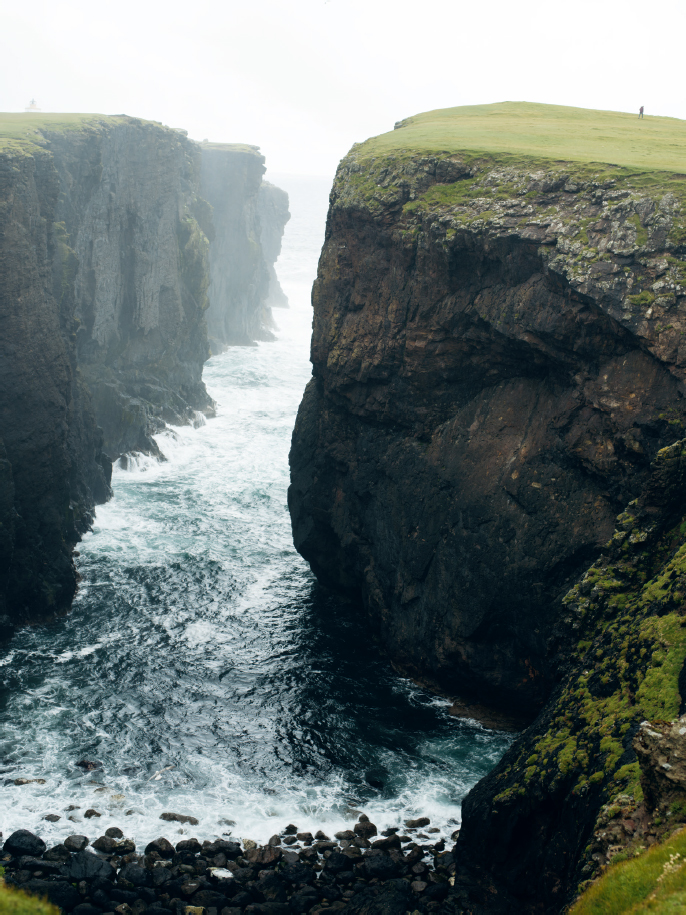
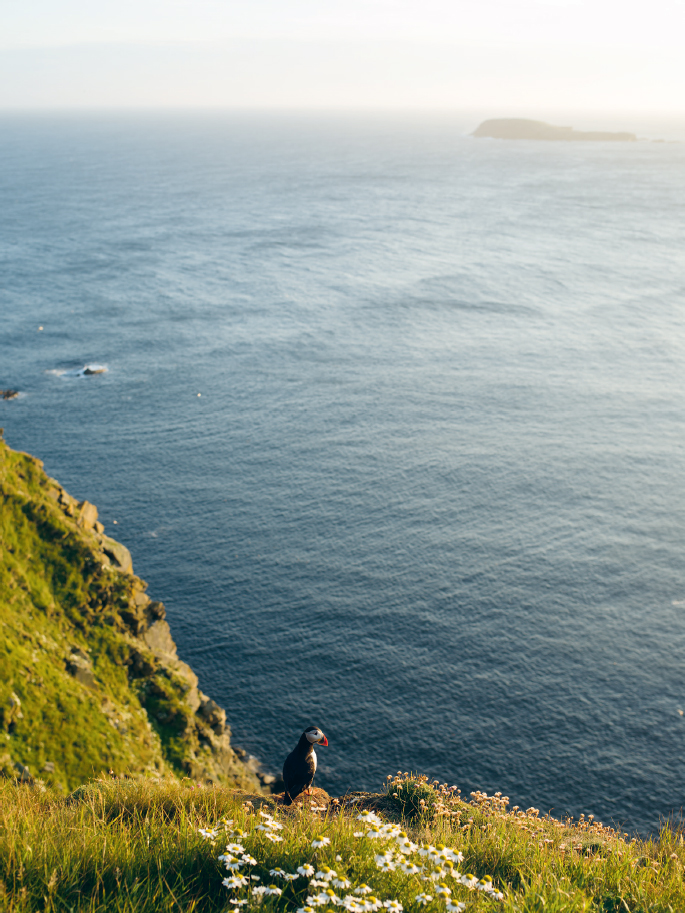
Incidentally, whilst research has proven that the Shetland population contains large quantities of Scandinavian genetic stuff, there is a theory that the Norsemen who stayed in (but not on; never on) Shetland were rubbish Vikings. They were the ones who whinged, the ones who got seasick, the ones who got ill, the ones nobody liked. The fearties who wanted off at the first landfall, or were unceremoniously dumped so the brave, fully sea-legged lads could go on their merry way, pillaging. The ones who stayed in Orkney were the farmers who saw all that fertile greensward and thought, Och aye, thisll do. We shall establish a bourgeoisie!
But, as I say, thats only a theory.
Does Shetland have any proper history?
Shetlands got more going on than you can shake a tushkar at. (Tushkar, similar to tuisgear in Gaelic: a tool used to cut peat.) But, basically, it comes down to this: Picts (wee hairy cat-like creatures), wiped out by Vikings, mostly. One or two are thought to have survived at the tundra round the back of Ronas Hill, the highest point in Shetland.




